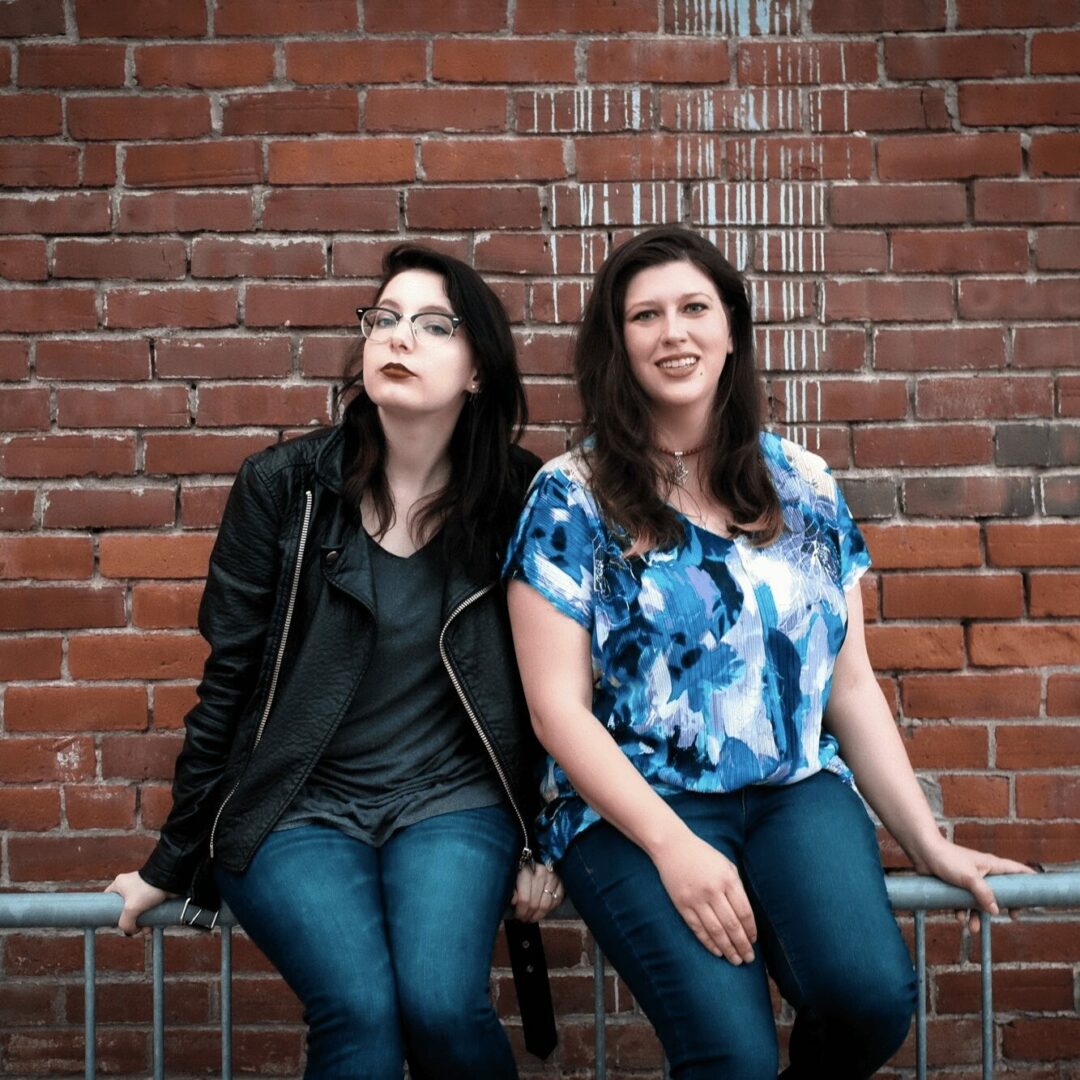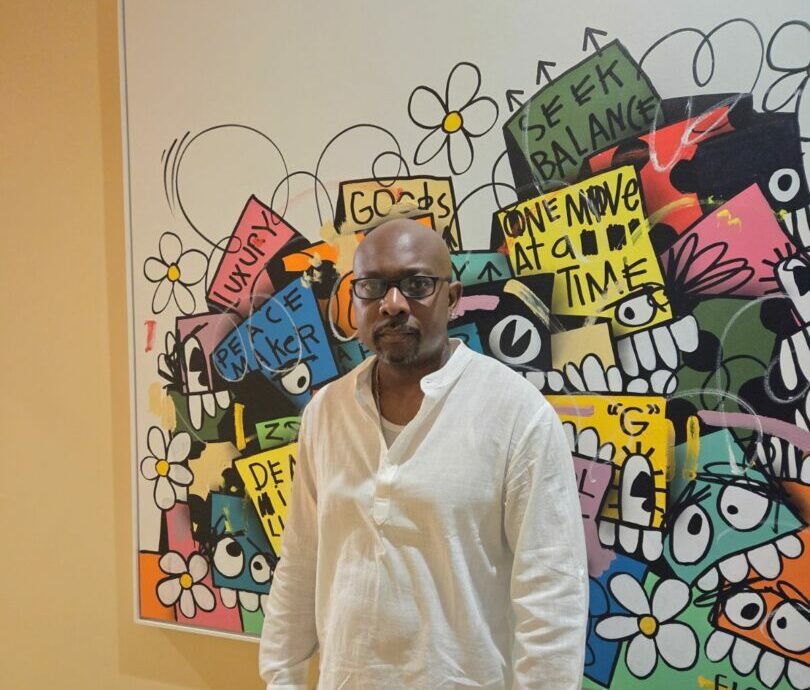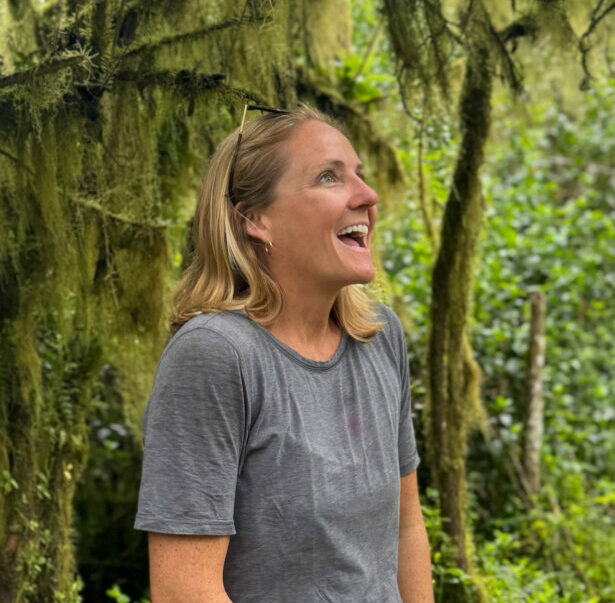We caught up with the brilliant and insightful EM Jeanmougin & Jay S. Wright a few weeks ago and have shared our conversation below.
EM Jeanmougin &, so happy to have you with us today. You are such a creative person, but have you ever had any sort of creativity block along the way? If so, can you talk to us about how you overcame or beat it?
How to Overcome Creative Blocks
Creative blocks can happen for a variety of reasons. Sometimes creative blocks are challenges that need to be overcome to progress. Maybe you feel paralyzed by the plethora of choices available. Or maybe you are concerned you lack the skill to pull off a description in an entertaining and immersive way. Maybe you’re simply burnt out. What causes your blockage will determine how you overcome it, so it is as important to know the cause as the solution.
Try One of These Solutions:
Make a List – Also known as outline. Break your scene or story down into smaller pieces via bullet points. Use as few or as many as you need. If the scene still feels unwieldy, break it into even smaller pieces. Pick a piece and try to work on it individually.
Don’t worry about the whole scene, just worry about fulfilling the individual bullet point.
Even if you are still blocked after you have made your list, you will have given a later unblocked version yourself a blueprint. Speaking of which…
Recognize Blockages are Temporary – This can be a hard pill to swallow. It sucks; it is like sitting in gridlock traffic when you know you are already ten minutes late for a meeting. You might feel like you will never write again. That you will be trapped in this gridlock until you wither to dust. That all your days of driving free on the highway are behind you, and you should give up.
However, these sorts of thoughts can quickly lead to spirals, which actually create more blockages. Sometimes it can help to simply accept that you are blocked and that all there is to do is sit back with the windows down and enjoy the music on the radio.The traffic will move eventually; you just gotta be ready to go when it does so.
Hone Your Craft – It may seem counterintuitive to walk away from your high-stakes adventure story and write a book of poetry instead, but sometimes a blockage may be caused by a need to improve your craft.
This means spending time doing writing exercises, just in the same way an artist would improve by spending time doing drawing exercises.
Set your blocked project aside. Put it on your brain’s back burner.
While it simmers, select an object from your house and describe it in as much detail as possible. Once you are done describing the object, give yourself permission to stop; you have done your writing for the day. You will do more tomorrow.
Do this five days in a row, each day with a different object, then try bringing your blocked project back to the front.
If objects don’t work for you, hone in a different way. Write a haiku everyday. Write an imaginary conversation. Write down your favorite things about your cat. It doesn’t really matter. The important thing is that you are exercising your writing muscle and that it will be in peak condition when it comes time to tackle your block.
Attain Knowledge – The old saying goes “Write what you know.” Therefore, it behooves a writer to know a great many things.
Research a topic relevant to your story. For instance, if you are writing about a gardener, you could read about plants. You might even try growing one yourself. If you are writing about a specific period in history, you could try reading a book written during that era. If you’re writing a cozy that takes place in a bakery, you could learn to make a new confection or (if you are very driven) go directly to a bakery and ask the people who work there questions.
Take notes. Jot down any stray thoughts you might have about how you can utilize what you’ve learned. Even if it seems segmented or irrelevant. Don’t get hung up on making perfect sense. Re-read over the notes you’ve made. Count this as your work for the day.
Seek New Experiences – Go do something that you have never done and then write 250 words describing that experience. What did you see? Hear? Smell? Taste? Did you like it? Dislike it? What physical sensations did you experience? What were your thoughts? Would you do it again? It doesn’t have to be a huge experience and you don’t have to share it with anyone else. It could be as big as riding a plane for the first time or as small as trying out a new coffee place. Do not worry about making your description “good.” Just focus on getting it done once or twice each week. When you have collected a small assortment of experiences, go back to your blocked project. Are you still blocked?
Set Word Limits – You may be able to build momentum by setting a low daily word limit. For me, there is a sweet spot at about 250 words (this translates to around 1 standard page), but if you have been blocked for weeks and are at the edge of madness, it may be of benefit to go much lower. 50 words a day. Or even just 1 sentence.
On occasion, this will break the block in a major way and suddenly thousands of words will spill out like a dam breaking. But if they don’t, that’s okay too. Write your one sentence, tell yourself “good job,” and go away until the next day, when you will write another sentence.
When you’ve succeeded a few days in a row, try scaling up your limit in increments. You might be surprised with your progress. Even just one sentence a day will quickly build into paragraphs.
Set Time Limits – Set aside 5-15 minutes every day to work. Start a timer when you sit down. Do not engage in any other activities. No browsing. No chatting. No videos running anywhere on your device. No re-reading old work. No podcast running in the background. Your questions to ChatGPT can wait.
Spend those five minutes doing nothing but work.
And if you can’t work then spend those five minutes staring at the empty document.
Or typing random streams-of-consciousness words in it.
Type how stupid you think this exercise is.
Whatever you gotta do.
Just do it for five minutes and do it consistently.
When your time has elapsed, shut the document and do not attempt to engage with it again until the next day.
Change Mediums – If you are the sort of person who usually writes their first draft by hand, try using a keyboard instead. If you are “all devices,” turn off your screen and put a pen to paper. If you are artistically inclined, you might try drawing your scene as a storyboard. Likewise, as a means to explore a character. Write on colorful paper, unlined paper, or in paint. On index cards, in cursive, or if you’re usually a cursive person, then in print. If you have access to one, you could even try a typewriter. This will interrupt your brain’s usual pattern and help you find a workaround.
Start a Journal – Internal blockages are just that… Internal. A daily journal can be a good way to check in with yourself and your emotions while still getting to work a bit on your craft. It takes the pressure off when you are writing for yourself instead of an audience.
Your blockage may be caused by stress, burnout, grief, trauma, or other emotional turmoil. If you are having a bad time in your day-to-day life, it can easily affect your creative output.
Journaling can be a way to connect with yourself on an intimate level. You may discover unhealthy patterns in your thinking. Cognitive dissonance. Bad habits. You may uncover some great pain that is keeping you from progressing or unearth hidden knowledge you’d forgotten you learned.
If you are frustrated about being blocked, write about your frustration. Ask yourself questions. Pay attention to your answers. Write as if no one is watching.
Backtrack – So maybe you’ve hurled everything on this list, plus the kitchen sink, and that big impassable wall is still there. You’re at a true Dead End. Everywhere you turn is blocked. It’s been three months and when you cast your gaze to your story’s future, you see only darkness.
Well, it might suck to hear, but sometimes the only path forward is back.
This will mean following your Dead End to its source. Where did the story diverge? What path did you take that led into this black hole of despair? Was there something you could have done to avoid it fifty pages earlier?
This can be very painful for an author because it may mean overwriting or repurposing work they have agonized over for untold (and unpaid) hours. It may even mean cutting out and trashing huge swatches of text. It can feel heartbreaking.
However, a writer should not look at these cut pages as a loss. Even if they didn’t make it to the final draft, they still helped you exercise your writing muscle and your next draft will be better for it.
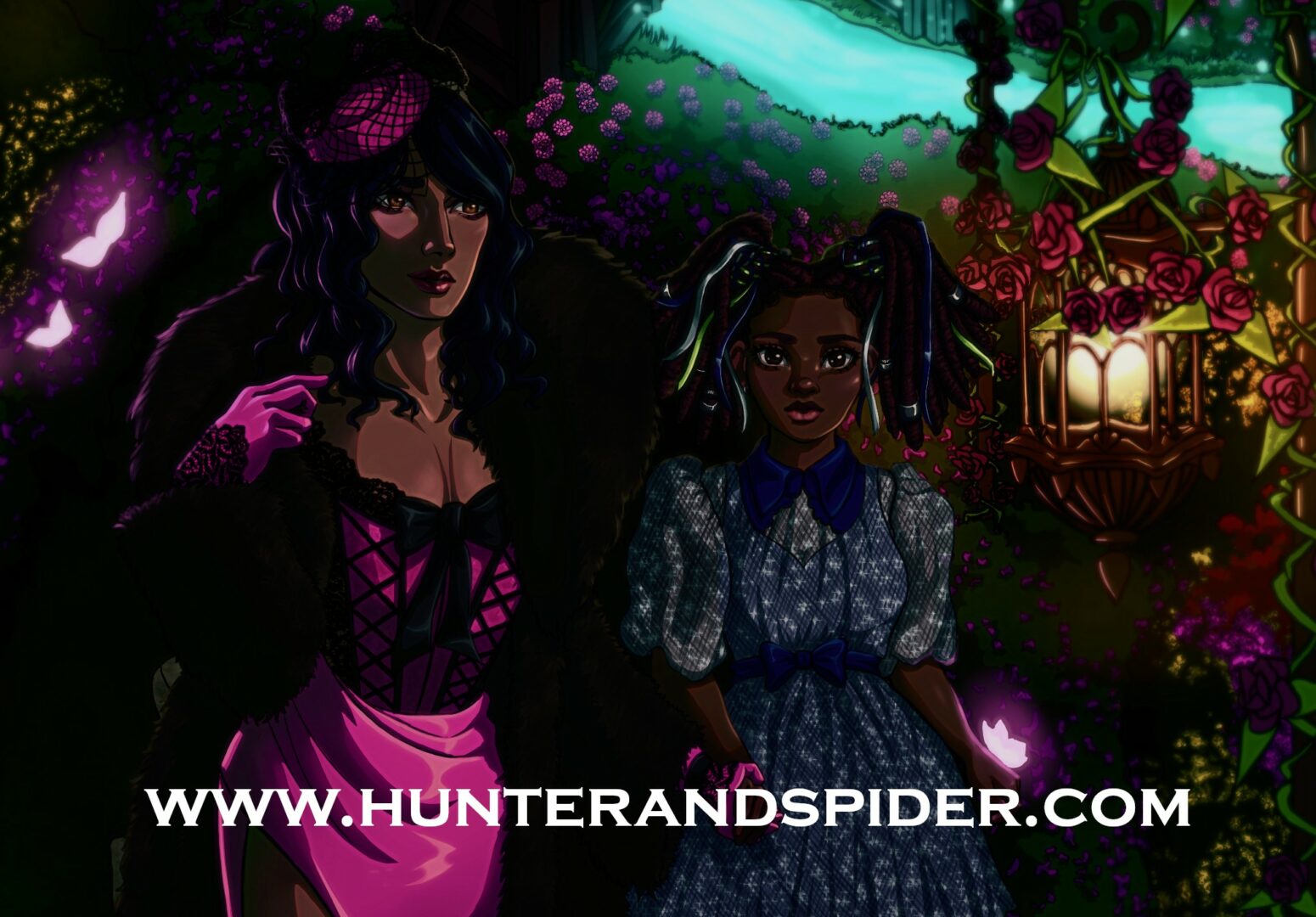
Thanks, so before we move on maybe you can share a bit more about yourself?
Right now, we are working on the seventh book in our queer urban romantasy series, The Hunter and the Spider. We write the sorts of stories we would most want to read, tales full of action, romance, and monsters. Our books are a work of passion.
Seven Wonders takes place in 2011 and will reunite our two main characters, a half-blood ex-Hunter named Jasper Craig, and his on-again off-again flame, werespider Crimson Apocalypse, along with a myriad of other characters from their shared histories.
We will be doing a full series giveaway of the first six ebooks on Amazon on September 22nd, so now is the perfect time to catch up.

If you had to pick three qualities that are most important to develop, which three would you say matter most?
Passion, creativity, and patience are all very important.
The best advice is not to get hung on being perfect, especially early in your journey, when making mistakes will be imperative. Be ready to fail and overcome failure. Be ready to be criticized and rejected. Don’t expect to get rich overnight. Actually, don’t expect to get rich, period.
Focus on things that naturally interest you. People may tell you that your idea for a skeeball themed space opera is stupid, but if skeeball has been your favorite game since you were five and you’ve read a hundred space operas, maybe consider that you know more about both topics than they do and tell them to shove it.
You are better off writing your “stupid” idea you feel passionately about than trying to force a safe bet. Neither will be a guaranteed success, but one will be enjoyable to write.
Likewise, do not be persuaded by those who would have you give up your craft because it “doesn’t make money” or isn’t “prestigious.” Passion and creativity are both really important qualities, but you must have the patience to develop skill and patience requires practice.
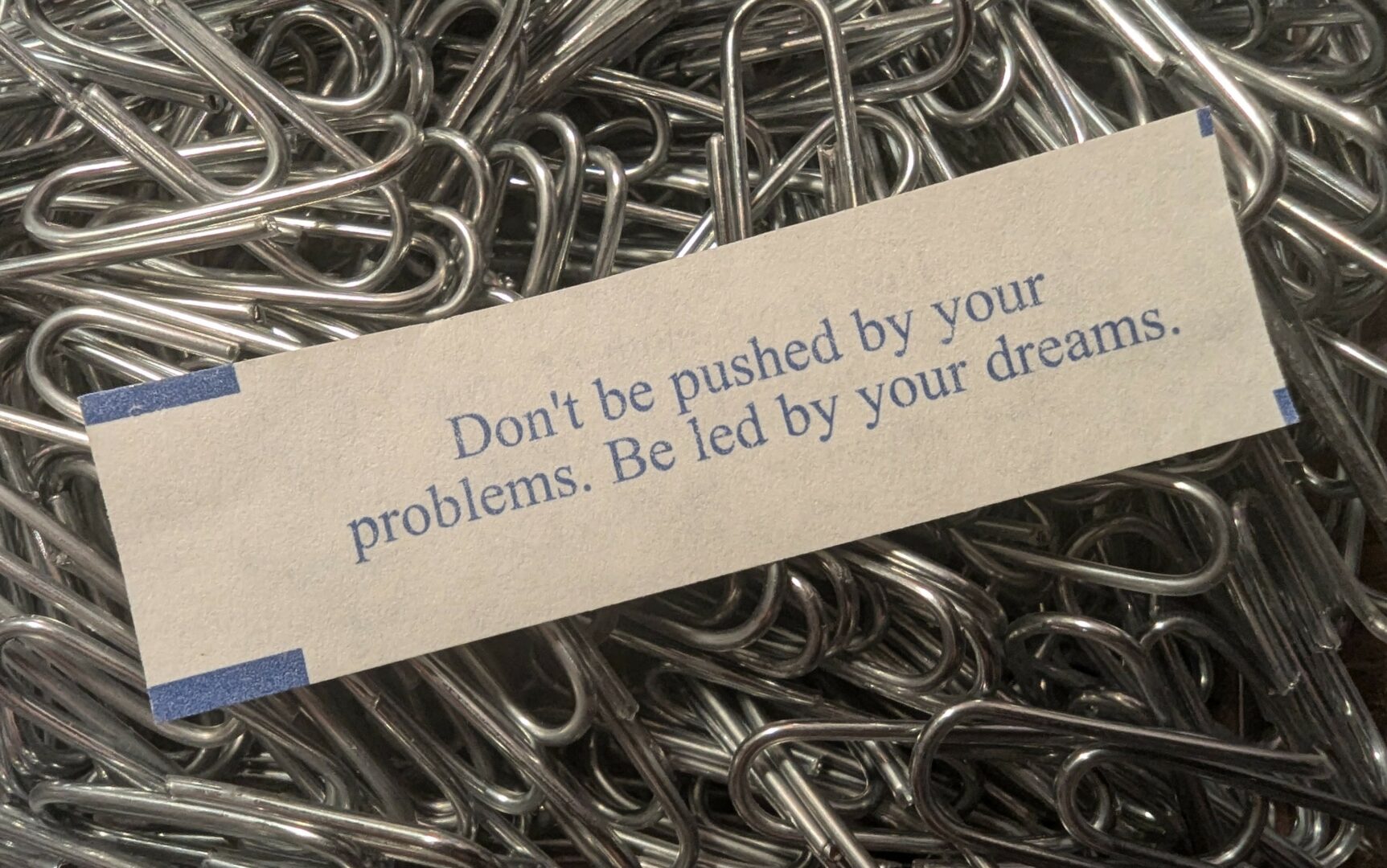
One of our goals is to help like-minded folks with similar goals connect and so before we go we want to ask if you are looking to partner or collab with others – and if so, what would make the ideal collaborator or partner?
We are always on the lookout for Beta Readers, especially those who have a keen interest in urban fantasy. We also enjoy connecting with artists, editors, and other writers.
Beta Readers get early access to manuscripts and are able to impact the story via feedback.
If you would like to be a Beta Reader, you can contact us @ [email protected]
Or through our webform on www.hunterandspider.com
We also enjoy doing interviews and collaborating on guest articles for webzines. Please feel free to contact us with those as well.
Contact Info:
- Website: https://www.hunterandspider.com/
- Instagram: https://www.instagram.com/thequeenofsleepy/
- Youtube: https://www.youtube.com/@Emj772
- Other: Goodreads: https://www.goodreads.com/author/show/19533685.E_M_Jeanmougin
Kofi: https://ko-fi.com/jeanmouginwright
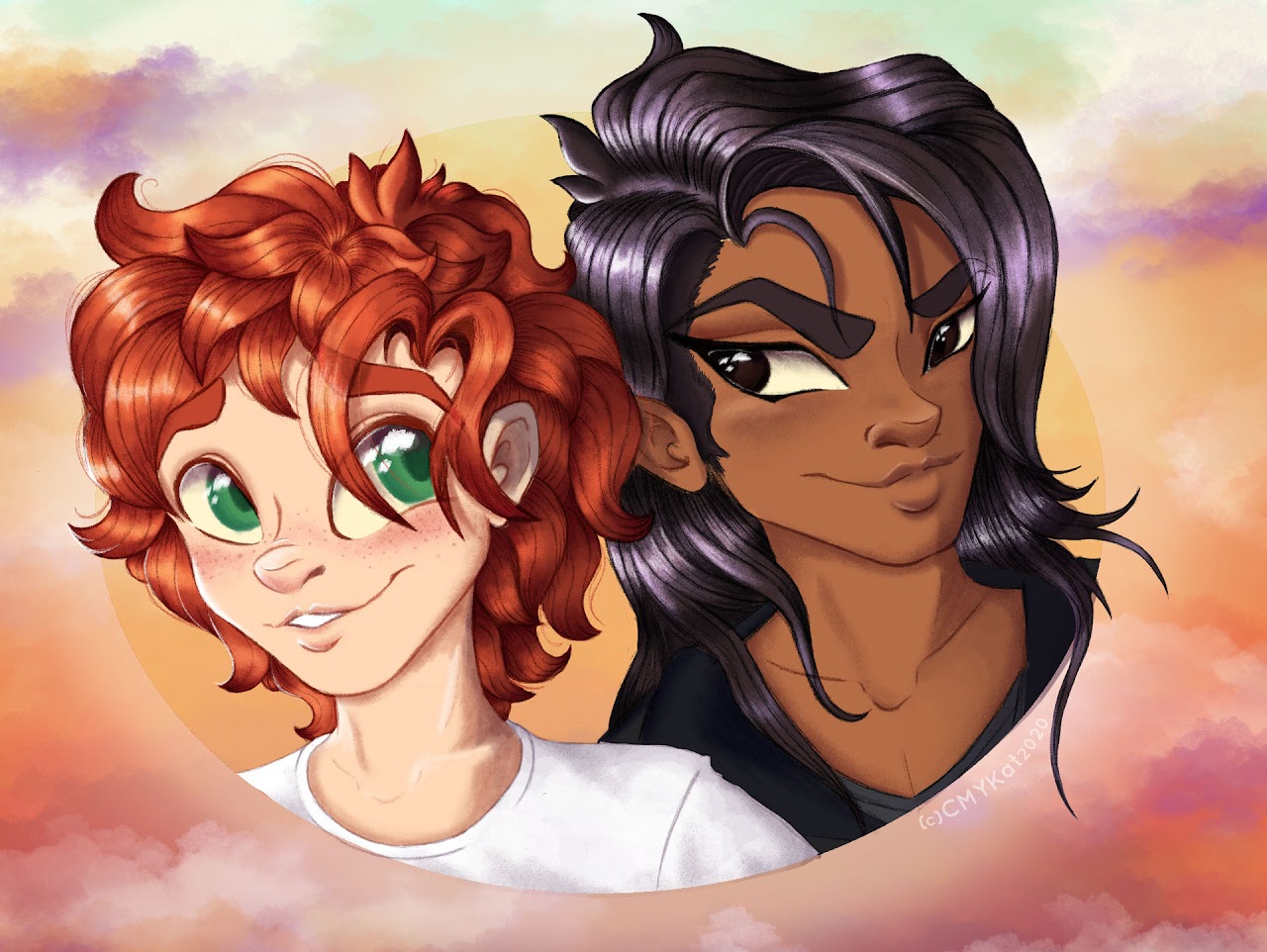
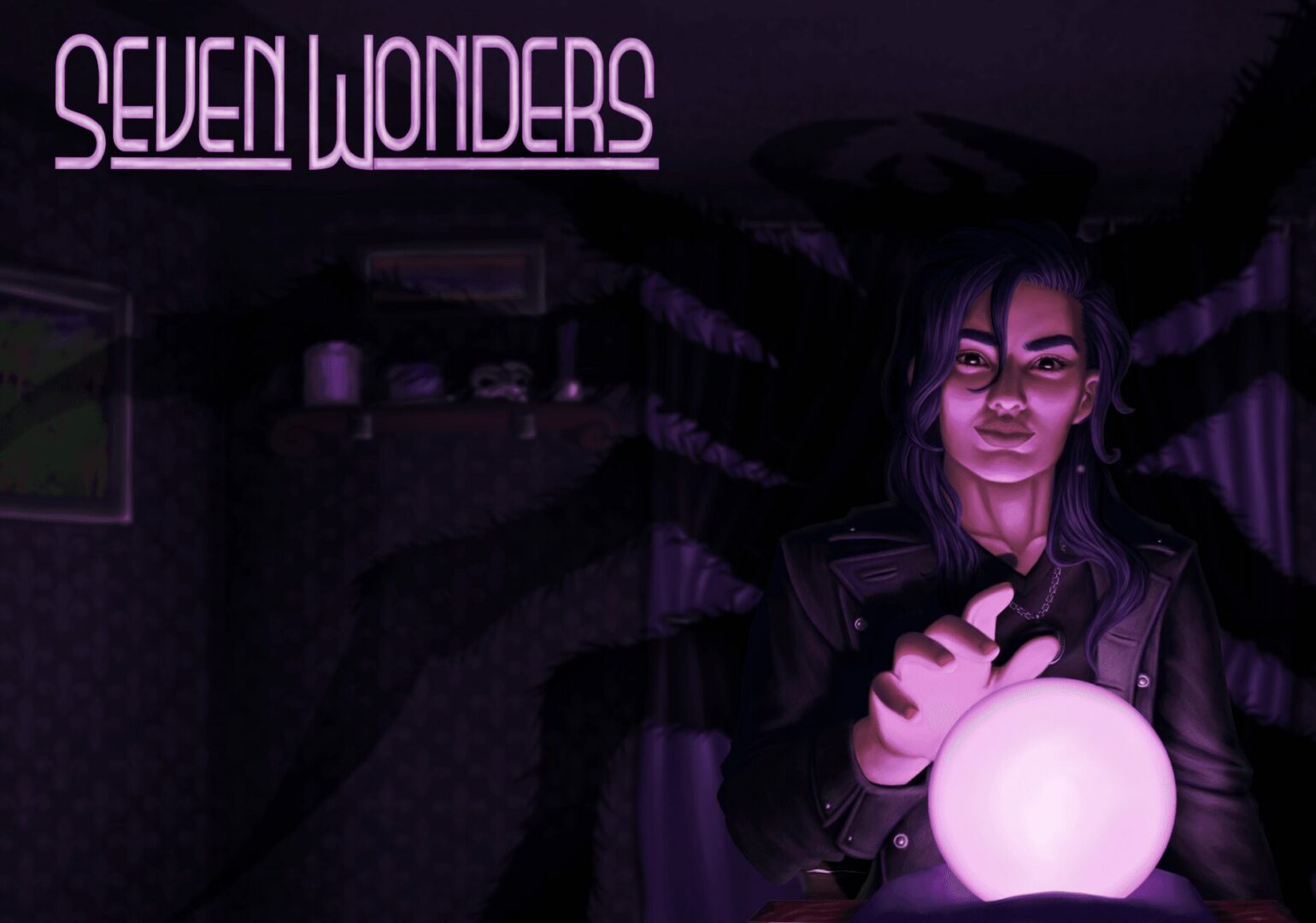
Image Credits
Author Photo by Jessi Roy
Only the Good Die Young Cover – Claudia Caranfa
Seven Wonders & Bad Romance Cover Art – Alicia Henson
Fortune Photo: EM Jeanmougin
Jazz & Crims Chibis: Kat Adammac (CMYKat Graphics)
so if you or someone you know deserves recognition please let us know here.

